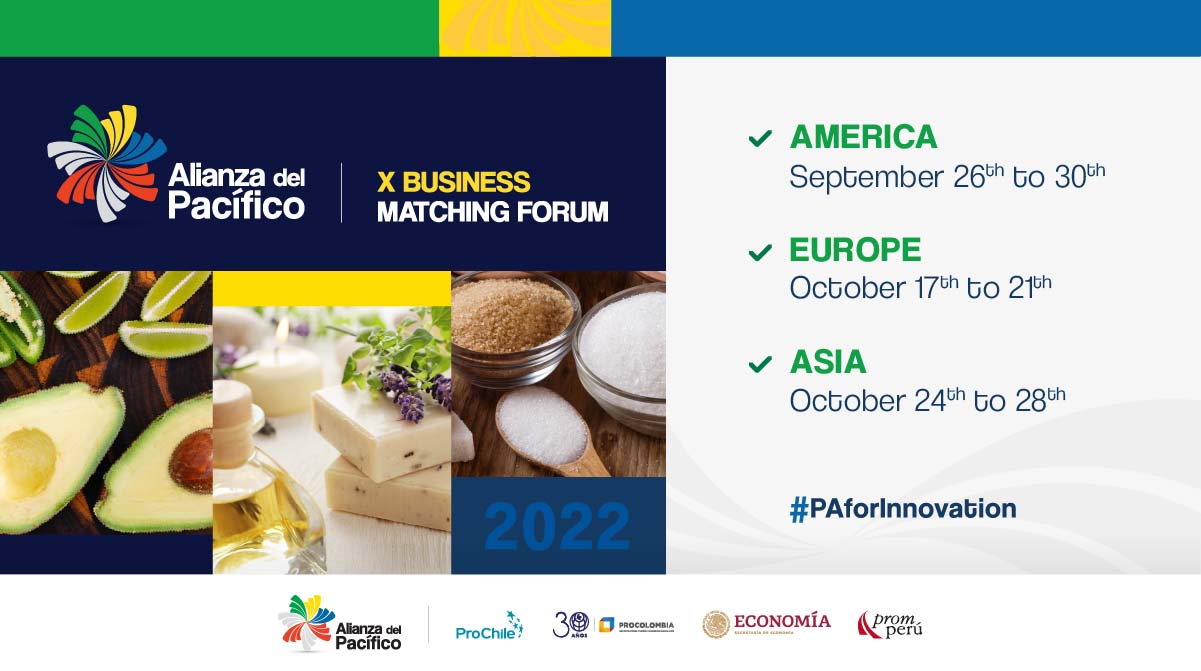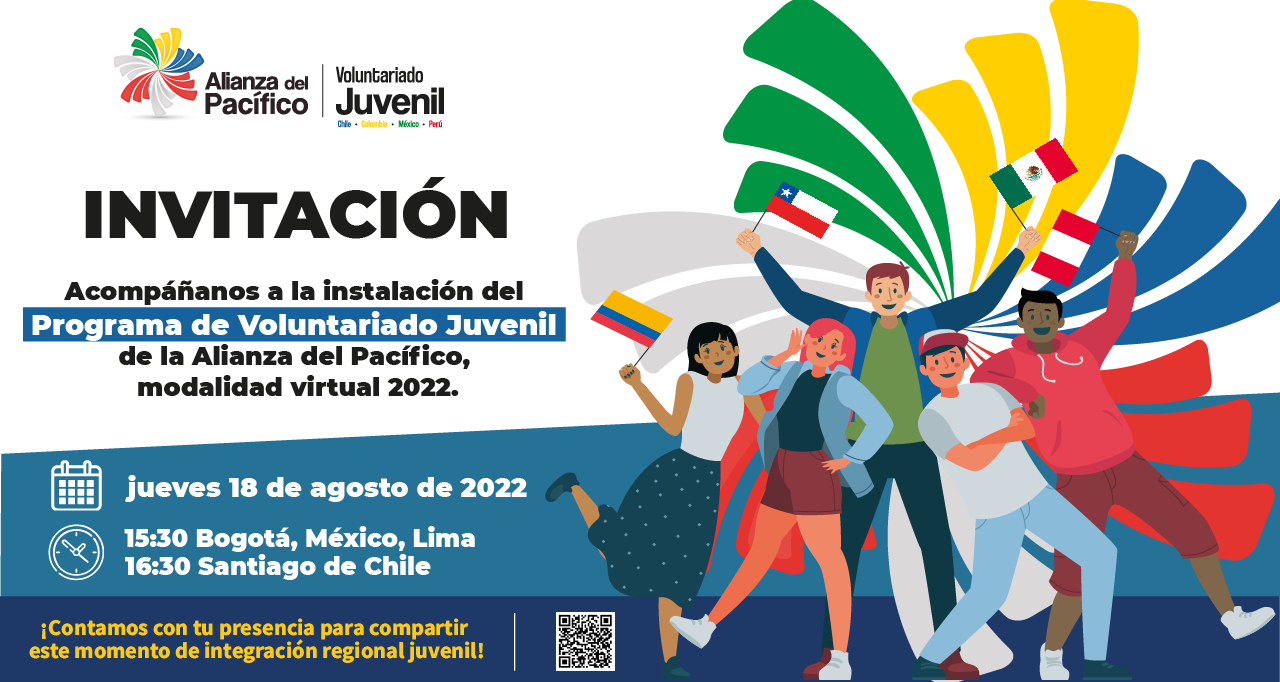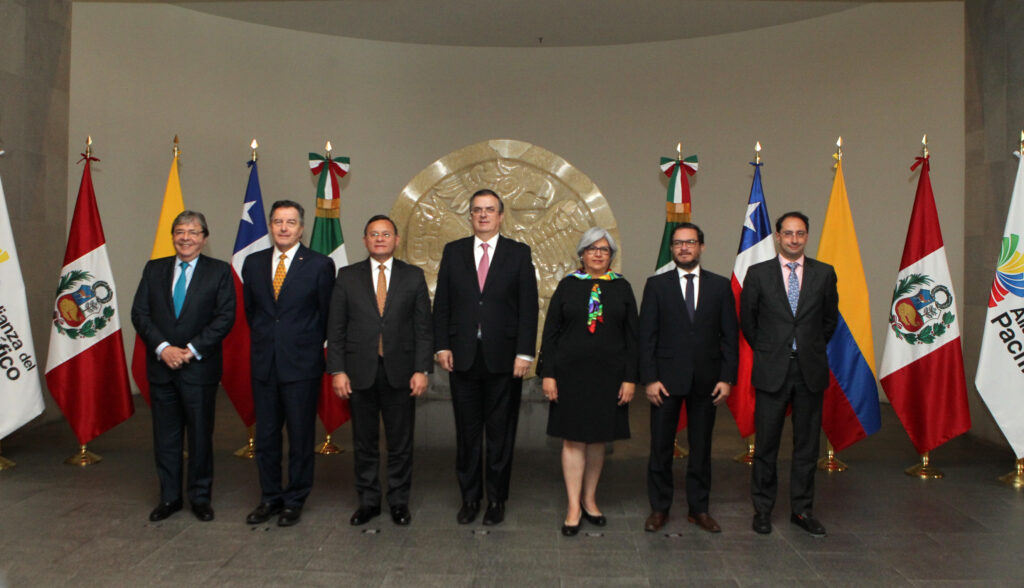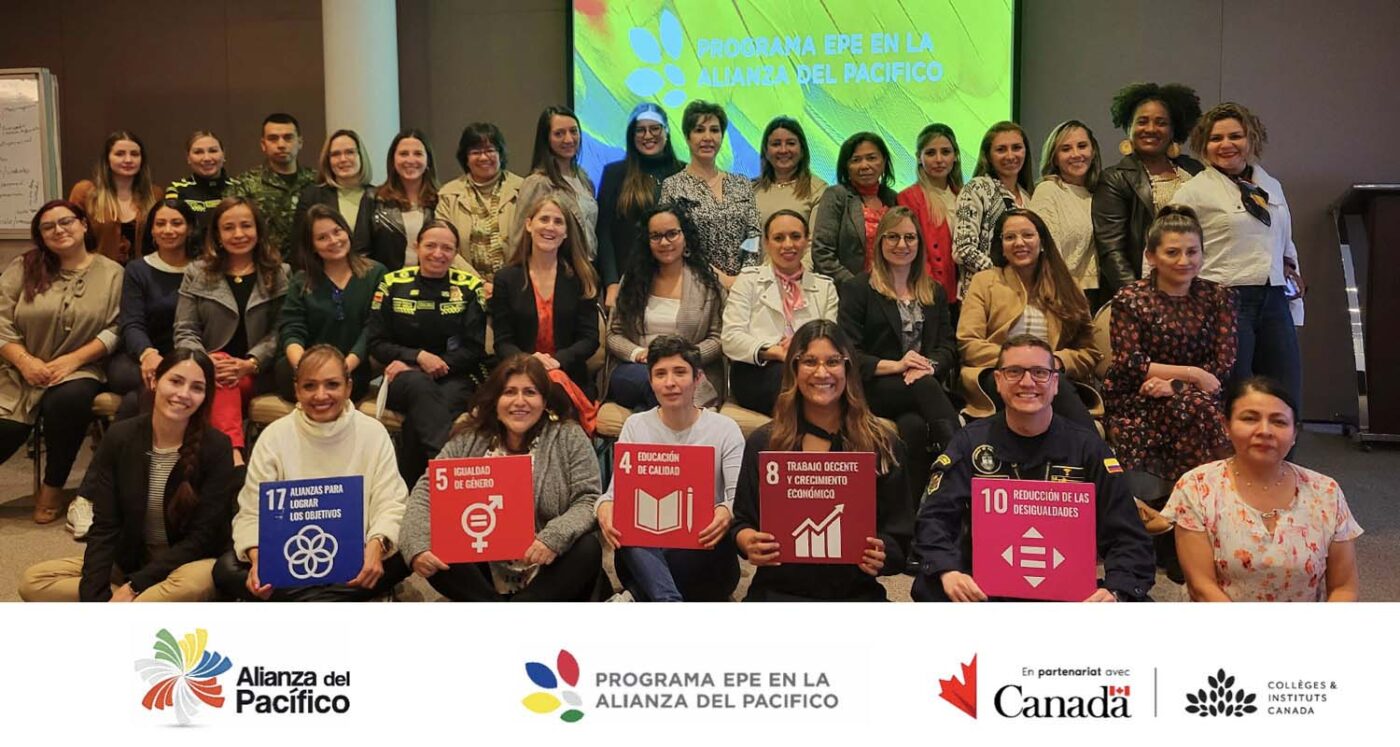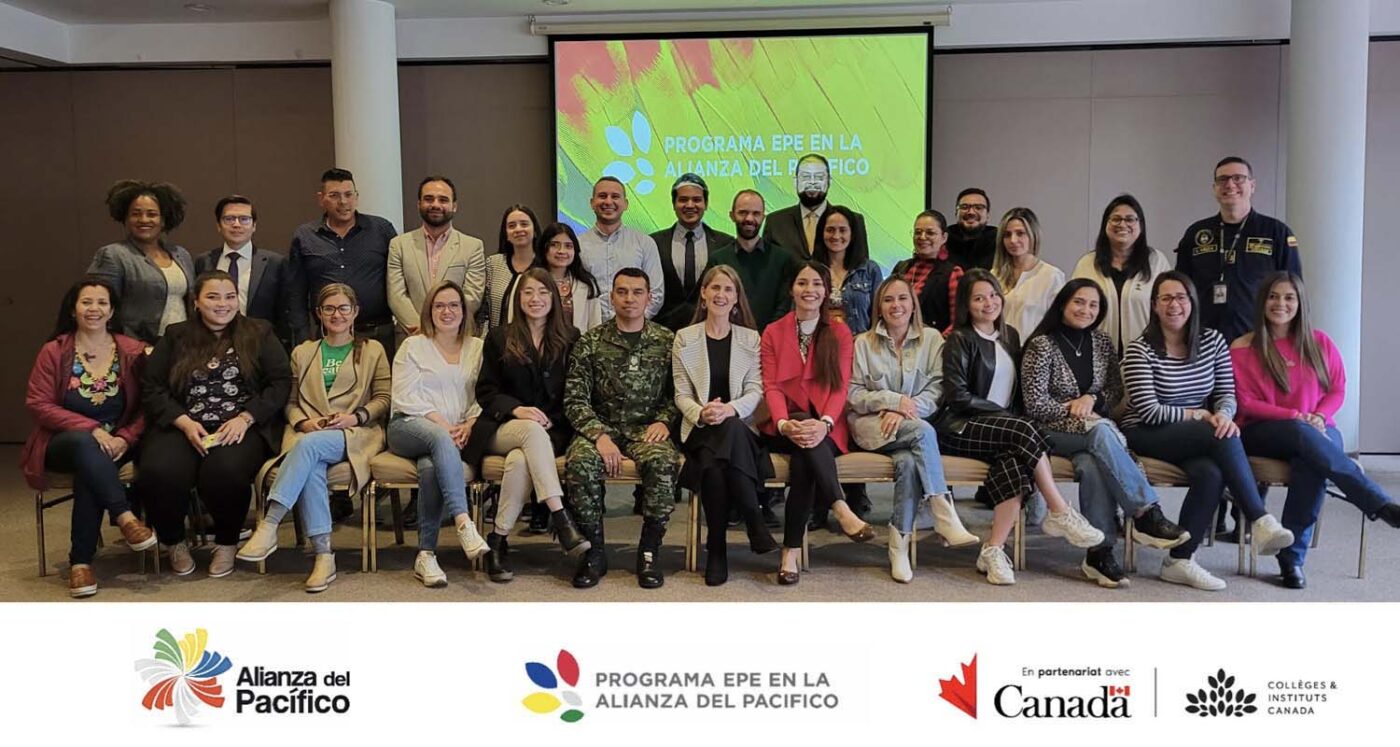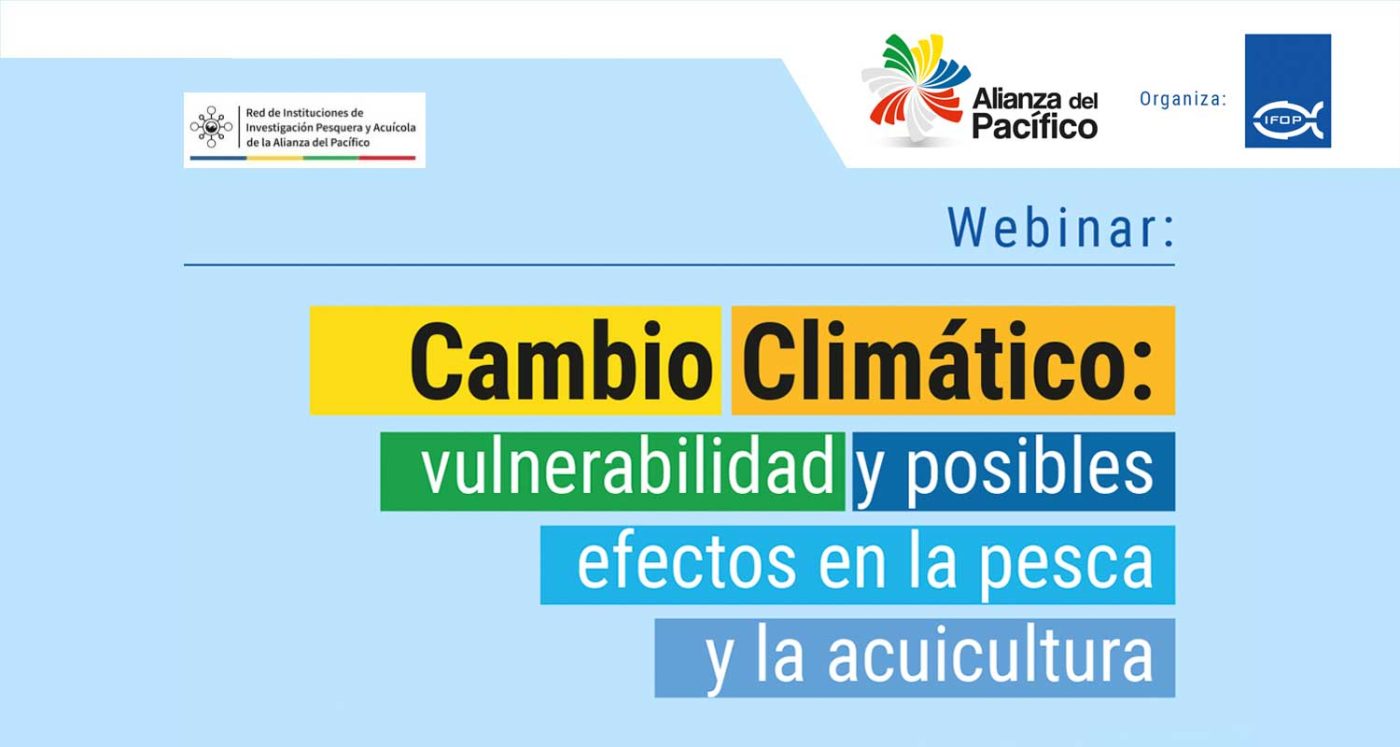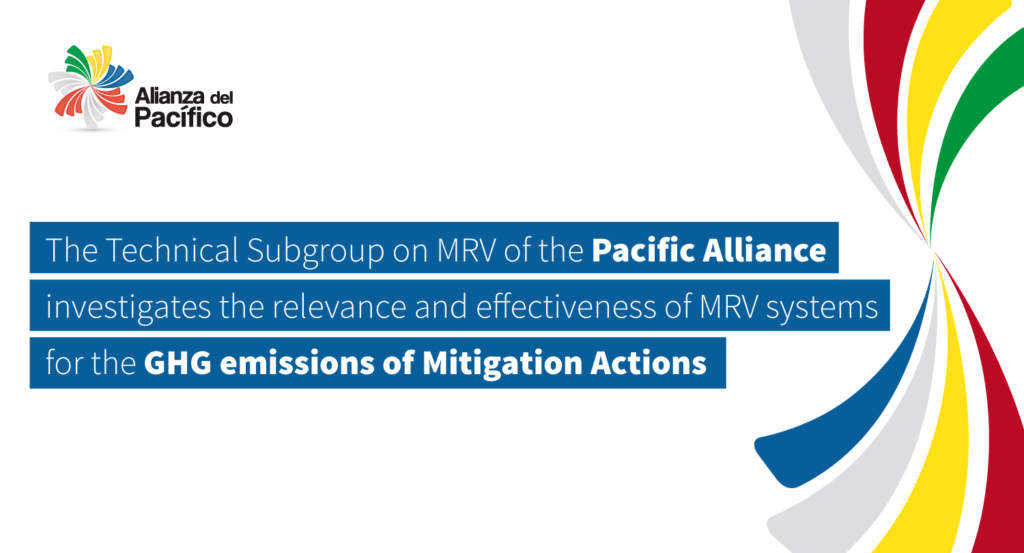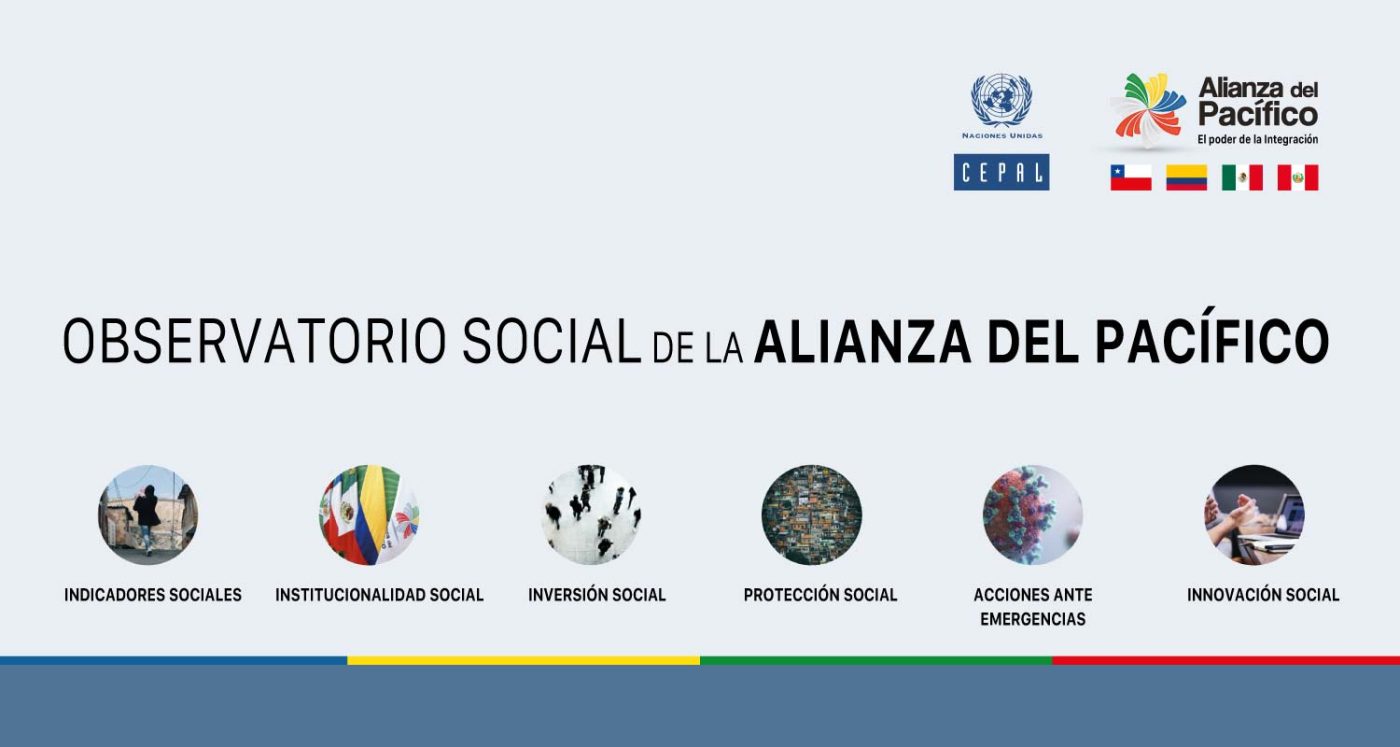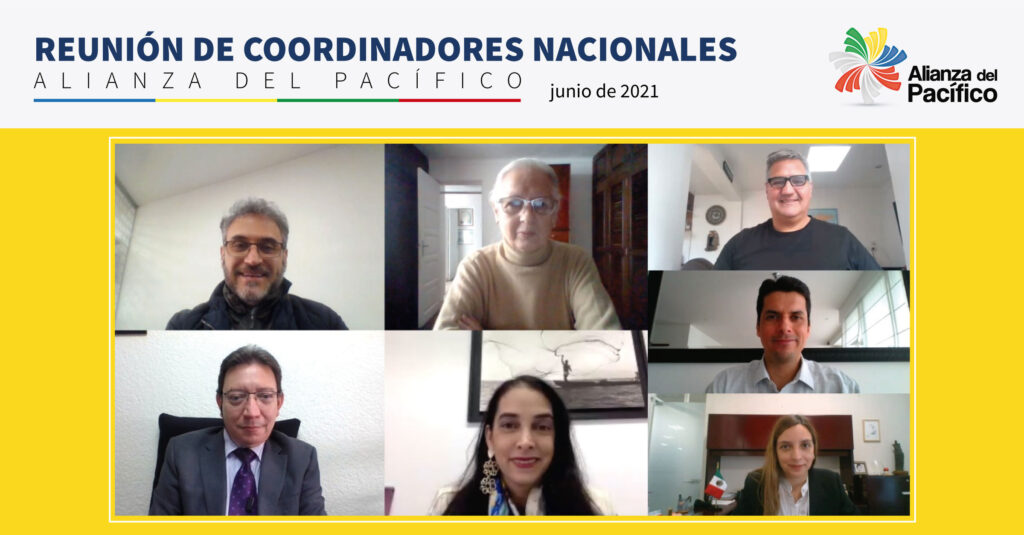A conversation with Alfonso Galarce, Coordinator of Climate Finance in Chile’s Ministry of the Environment
September 19, 2022.- The sectors for the Business Matchmaking Forum in Europe are agrifood and beverages, consumer goods such as textiles and footwear, wooden articles and fine pearls. In addition, in this round, priority will be given to exporting companies owned or led by a woman.
As for the Business Matchmaking Forum in Asia, it will focus on the agrifood and beverage sectors and manufacturing in general, such as mechanical and electrical devices and plastics.
In the Pacific Alliance we have the mission of promoting the inclusion of micro, small and medium-sized companies to export processes in international commercial activities. For this reason, in each of the business roundtables, of the total places, 60% are reserved for SMEs.
TIMELINE
X BUSINESS MATCHMAKING FORUM IN EUROPE AND ASIA
Registrations September 19 to October 14
Validation and confirmation of companies October 3 to 14
Business Appointment Scheduling – Europe October 3 to 14
Business Appointment Scheduling – Asia October 3 to 19
Academic Agenda October 11 and 12
Europe Business Matchmaking Forum October 17 to 21
Asian Business Matchmaking Forum October 24 to 28
Check the bases and register for free at https://www.xmcralianzadelpacifico.com/
August 18, 2022.- This August 18 will be carried out jointly the installation of the Youth Volunteer Program of the Pacific Alliance 2022, virtual modality, in order to generate a space for common participation among the participating volunteers, and to publicize the objectives and description of each project.
The welcoming remarks will be given by Álvaro Calderón Ponce de León, director of International Cooperation and coordinator of the Technical Group for Cooperation of the Pacific Alliance. Likewise, there will be the words of the youth and/or volunteer authorities of the four countries: Rafael González Gordillo, national director of the Special Administrative Unit of Solidarity Organizations of Colombia – Youth Volunteer Coordination of the Pacific Alliance 2022; Juan Pablo Duhalde, national deputy director of the National Youth Institute of Chile; Guillermo Rafael Santiago Rodríguez, general director of the Mexican Youth Institute; and Darío Barboza Fustamante, national secretary of the National Youth Secretariat of Peru.
As part of today’s activities, the volunteers from the four countries will take part in an interactive dynamic that invites them to participate and reflect on the value of cultural differences, the recognition of identity and the possibility to build community even at a distance, as well as expectations, experiences, and motivations with the exercise of volunteering.
Finally, the event will close with the artistic presentation by Leonardy Pérez, Colombian cultural leader and the farewell words by Angela Bohórquez Avendaño, Coordinator of Synergies and Special Attention to Women – Uaeos.
It’s worth to mention that the 2022 edition of the Program had the application of nearly two thousand young people from Chile, Colombia, Mexico and Peru, of which around 240 will be integrated into the projects that will be executed by each of the four countries.
The installation of the Program can be seen live from the Facebook account of the Pacific Alliance: https://www.facebook.com/thepacificalliance, as well as through the Facebook accounts of INJUV Chile: https://www.facebook.com/INJUVChile/, UAEOS from Colombia: https://www.facebook.com/UaeosCo, IMJUVE from Mexico: https://www.facebook.com/IMJUVE.Instituto.Mexicano.dela.Juventud/ and SENAJU from Peru: https://www.facebook.com/senajperu/
Youth Volunteering of the Pacific Alliance
Participation in this Program provides an enriching social and cultural exchange experience between young people from Chile, Colombia, Mexico and Peru, in which significant links are created and proposals for change are built in the face of social and environmental problems that affect the region.
In 2022, the Youth Volunteer Program of the Pacific Alliance will be focused on facing the difficult global, regional and national context generated by the COVID-19 pandemic, which has affected young people in health, education, economy and work. Thus, the actions proposed in the four volunteer projects are intended to be a window of opportunities and possibilities to motivate young people in their initiatives, on the road to recovery.
With these types of activities, the Pacific Alliance promotes the formation of solidarity behaviors in young people, which have a positive impact on society, considering that youth are key actors in social change.
The projects presented by the four countries are:
CHILE:
The general objective of the project “INJUV Laboratory: Leaders for transformative volunteering” is to create a network of youth leaders to promote integration among young people from Chile, Colombia, Mexico and Peru, in order to promote transformative volunteering initiatives in their communities.
The project seeks to strengthen the volunteering ecosystem, supporting young people from the different countries of the Pacific Alliance in mutual learning to strengthen their actions and the generation of common networks.
COLOMBIA:
The general objective of the project “Generations that Connect and international solidarity as the articulating axis of Youth Volunteering” is to promote a network of young volunteers who support older people, and who, through the exchange of knowledge and intergenerational experiences, mitigate the effects of loneliness, isolation or discrimination; seeking to maintain the health, well-being and dignity of the elderly and young people, and at the same time strengthen volunteering in its international dimension with a transforming purpose and commitment of social capital to the development of the region.
The project seeks to integrate young people into the government strategy “Generations that connect” with a view to solidarity, in post-emergency times, towards older people, providing tools in soft skills, communication and humanized accompaniment strategies that materialize their volunteering, as well as providing knowledge and understanding of the concepts associated with volunteering such as assistance, philanthropy, charity, altruism, and cooperation in its international dimension, with a transforming purpose and commitment of social capital to the development of the region.
MEXICO:
The general objective of the “Tierra Joven-Voluntad Joven” project seeks to strengthen the integration of young people from the four countries of the Pacific Alliance through actions that contribute to their empowerment and leadership, to intergenerational solidarity and to the reconstruction of the social fabric. The project seeks to strengthen skills for the creation and development of socio-environmental impact projects to improve their actions in environment protection and climate change mitigation and promote exchange in educational matters through digital tools, all this from a perspective of gender and having as its center the fulfillment of the 2030 Agenda.
PERU:
The general objective of the project «A-Gente de Cambio: Constructing experiences for the promotion of adolescent mental health» is to contribute to the strengthening of regional integration within the framework of the Pacific Alliance through the training of agents of change to the promotion of mental health in adolescents at risk in the context of the COVID-19 pandemic.
The young volunteers will participate in a virtual training process to design and execute a mental health promotion program aimed at adolescents from the Comprehensive Family Development Centers (CEDIF) located in different regions of Peru to strengthen their skills to face the challenges of life in the context of the pandemic and the return to attendance, as well as to contribute to their community as agents of change.
On May 10th, the XXI Meeting of the Council of Ministers of the Pacific Alliance, formed by the Ministers of Foreign Affairs and Foreign Trade of Chile, Colombia, Mexico and Peru, was held in Mexico City.
One of the main objectives of the Council was to review the preparations for the Lima Summit, which will take place on July 5th and 6th in that Peruvian city, with the presence of the Heads of State of the countries of the mechanism.
During the meeting, the Ministers signed a first decision linked to the entry into force of the Cooperation Fund starting on July 6th, which will allow the development and financing of joint projects to generate greater opportunities for citizens and the strengthening of capacities for SMEs.
They also approved the establishment of the Technical Group of Development and Social Inclusion with the aim of advancing in the construction of a more citizen-friendly Pacific Alliance, one of the fundamental axes of the 2030 Strategic Vision.
In addition, recognizing the importance of continuing to move forward in an orderly and efficient manner, they reviewed the progress of the Work Plan for the implementation of Strategic Vision 2030, which will be presented next July, and will establish a medium and long-term route for the four countries.
On the other hand, the Council of Ministers made a positive assessment and welcomed the interest of Ecuador and Korea in approaching the Pacific Alliance. The results achieved at the latest meetings of chief negotiators of the PA on the process with the candidates to be Associated States, held between May 4th and 8th, were reviewed.
This meeting also allowed to review the status of the Declarations that the PA will subscribe with the EU, the Eurasian Economic Commission, the OECD and Japan, as well as the Declaration on Environmental Issues. These are instruments that must be subscribed in the framework of the XIV Lima Summit to be held on July 5th and 6th.
Likewise, the entry of two new AP Observer States was agreed: Kazakhstan and Azerbaijan, bringing the number of members in this category to 57.
The Pacific Alliance is a regional integration mechanism that aspires to be consolidated as a common economic platform with a projection to the Asia-Pacific and the world.
September 27 and 28, 2022.- The Pacific Alliance Education for Employment Program for sustainable development and skills for employment in the extractive sector of (PA- EFE), financed by the Government of Canada (Global Affairs Canada) and executed by Colleges and Institutes Canada, the Canadian Association of Technological Institutes, developed a two-day face-to-face workshop at the Hotel Tequendama in the city of Bogotá, on the ‘Design, implementation and monitoring of public policies from the perspective of gender equality’.
“We are very pleased to offer this course that will support the development of skills in the design of public policies, their implementation and monitoring from a gender equality perspective in teams in charge of the design, development and monitoring of sectoral policies in the ministerial teams of the four PA countries, contributing to the strengthening of regional dialogue” mentioned Brigid Shea, Principal Agent of the PA-EFE Program, at CICan.
This course benefited 38 representatives from 10 different public sector ministries such as: Social Prosperity, Mines and Energy, National Department of Planning, Finance and Public Credit, Environment, Education, Labor, Agriculture and Rural Development, National Defense. And also representatives of the Colombian Mining Association and the academic sector.
This activity is one of the last actions scheduled within the framework of the Program and its purpose is to develop skills in the officials in charge of the gender equality units and other units, in order to qualify their work through the mainstreaming of the gender equality approach and achieve one more of the objectives of the Gender Equality strategy of the PA-EFE Program, also contributing to the work on gender equality of the Pacific Alliance.
Similarly, through this workshop, one of the indicators of the Performance Measurement Table of the Program is fulfilled, related to the strengthening of policies and guidelines implemented through it, which significantly touch on gender equality considerations and strengthen the empowerment of women.
This course was facilitated by Araceli Vásquez (Gender Equality specialist from Mexico) in coordination with Eliana Gallardo (Regional Consultant for Gender Equality and Indigenous Communities for the PA-EFE Program) and lasted 16 hours, managing to develop in the participants the following skills:
-
Ability to understand basic terms about public policy with a gender equality perspective;
-
Perception regarding gender equality as a category of analysis and a strategic tool in the design and formulation of public policies with a gender equality perspective;
-
Integrate knowledge and resources of public policy analysis with an equality perspective that allows you to improve your performance as personnel responsible for the public function.
-
Knowledge in the cycles of design, implementation and monitoring of public policies from the perspective of gender equality.
-
Knowledge of tools for the mainstreaming of gender equality in public policies.
At the end of the workshop, a certification was granted by CICan, which recognizes the skills developed by each participant.
This activity was also carried out in Mexico and Peru, and the last workshop will be held in October in Santiago de Chile and will also be aimed at officials from the partner ministries with which the PA-EFE Program works.
September 29 and 30, 2022.- As part of the Program for sustainable development and skills for employment in the extractive sector of (PA- EFE) in the Pacific Alliance, financed by the Government of Canada (Global Affairs Canada) and executed by Colleges and Institutes Canada, the Canadian Association of Technological Institutes, it was developed a workshop at the Hotel Tequendama in Bogotá, on the ‘Design, implementation and monitoring of environmental public policies’.
“We are very pleased to offer this course that will support the development of skills in the design of environmental public policies to improve their implementation and monitoring process. Likewise, this will be an important tool for the teams in charge of the design, development and monitoring of sectoral policies in the ministries of the four PA countries that seek to contribute to the strengthening of regional dialogue,” said Brigid Shea, Principal Agent of the PA-EFE Program, at CICan.
This course benefited 31 representatives from 10 different public sector ministries such as: Environment, Mines and Energy, Education, Social Prosperity, Labor, Agriculture and Rural Development, National Defense, Transport and the National Department of Planning.
This activity is one of the last actions scheduled within the framework of the Program and its purpose is to develop skills in the officials in charge of the environmental issues, in order to qualify their work through the mainstreaming of the environmental sustainability and achieve one more of the objectives of the environmental strategy of the PA-EFE Program, also contributing to the work on environmental sustainability of the Pacific Alliance.
Through this workshop, one of the indicators of the Performance Measurement Table of the Program is fulfilled, related to the strengthening of policies and guidelines implemented through it, which include the environmental sustainability.
The course was facilitated by the environmental specialist from Mexico Zaira Romo, in coordination with Israel Ávila, regional environmental consultant for the PA-EFE- Program. At the end of the event, CICan granted a certificate of completion of the 16 hours of training, which recognizes the skills developed by each participant:
-
Ability to understand basic terms about environmental public policy;
-
Knowledge of strategic tools in the design and formulation of public policies for environmental sustainability.
-
Integrate knowledge and resources of environmental public policy analysis that allows you to improve your performance as personnel responsible for the public function.
-
Knowledge in the cycles of design, implementation and monitoring of environmental policies.
-
Knowledge of tools for the mainstreaming of the environmental sustainability in public policies.
This workshop will be carried out in Chile, Mexico and Peru and will also be aimed at officials from the partner ministries with which the PA-EFE Program works.
November 14, 2023.- On November 10, 2023, the webinar “Climate Change: vulnerability and possible effects on fisheries and aquaculture” was held, an event that brought together more than 100 attendees from the different countries that participate in the Network of Fisheries and Aquaculture Research Institutions of the Pacific Alliance (IIPA-AP Network), which includes Chile, Colombia, Mexico and Peru, in addition to Argentina.
Presentations were made by Dr. Jaime Letelier of the Instituto de Fomento Pesquero (IFOP), Chile; Dr. Adolfo Chamorro of the Instituto del Mar del Perú (IMARPE), Dr. Micaela Giorgini of the Instituto de Investigación y Desarrollo Pesquero (INIDEP), Argentina; and Dr. Doris Soto of the Interdisciplinary Center for Aquaculture Research (INCAR), Chile.
In their presentations, the experts shared information on current and future oceanographic conditions along the national coasts, including the influence of environmental variability on the sustainability of biodiversity and fishing and aquaculture activities. They also emphasized the importance of research and monitoring; education and awareness raising; the need for collaboration between different institutions and countries; and the generation of public policies based on scientific information. All this to advance towards the adaptation of the fisheries and aquaculture sector to climate change.
This webinar, organized by IFOP, is one of the activities contained in the Work Plan 2023-2024 of the IIPA-AP Network. This type of event seeks to generate spaces for rapprochement and discussion between the research institutions that make up the Network, as well as with other actors associated with the fisheries and aquaculture sector in the region. The event was attended by professionals from the Undersecretariat of Fisheries and Aquaculture of Chile; Colombia Productiva, an entity belonging to the Ministry of Commerce, Industry and Tourism of Colombia; representatives of the Technical Groups of Fisheries and Aquaculture, and Environment and Green Growth of the Pacific Alliance; among others.
The SGT-MRV launches a synthesis report analyzing the challenges and opportunities of MRV systems for mitigation actions in the countries of the Pacific Alliance.
October 22, 2020. The increasing ambition to reduce greenhouse gas (GHG) emissions (Lima, 2019), the implementation of multilateral initiatives to combat climate change (Puerto Vallarta, 2018) and the strengthening of measurement, reporting and verification systems (MRV) for mitigation actions (Cali, 2017) are part of the commitments made explicit by the countries of the Pacific Alliance (PA).
The Technical Subgroup on MRV and Climate Change (SGT-MRV) of the PA, supported by Environment and Climate Change Canada (ECCC), carried out baseline studies to analyze MRV systems for mitigation actions in Chile, Colombia and Perú (forthcoming for Mexico). With these studies as input, this synthesis report highlights the relevance and effectiveness of the MRV of mitigation actions in the PA countries.
The report reveals key elements to continue advancing the harmonization and effectiveness of the MRV of mitigation actions:
-
National MRV systems for mitigation actions are in different stages of development and operation. All of them facing the challenges of being sufficiently operational, relevant and effective for inter-sectoral decision making at the national level. Its maturation toward greater effectiveness will depend on the strength of cross-institutional collaborations.
-
National reports show the materialization of significant ambitions that are producing systemic change and the MRV of mitigation actions is on a solid trajectory towards a more effective configuration of equitable and low-carbon development policies and infrastructure investments.
-
The increasing interest and demand for MRV systems continues to grow beyond their preliminary justification of complying with reporting obligations to multilateral environmental conventions. The experience of the PA countries has important value for other regional climate collaborations.
Regionally, the SGT-MRV continues to promote the exchange of knowledge and experiences while strengthening capacities at the national level to advance the creation and implementation of more effective climate policies.
December 14, 2023.- This Thursday took place the official launch of the Social Observatory of the Pacific Alliance (PA), designed and implemented by the Technical Group for Development and Social Inclusion of the PA, with technical support of the Economic Commission for Latin America and the Caribbean (ECLAC).
It is a cutting-edge virtual instrument whose objective is to collect, systematize, manage and publish updated information on the social sector that contributes to the design and strengthening of public policies, improving the well-being of member countries, with a view to ensuring that the benefits of integration reach the subregional community, academics, public policy designers, as well as those practices that were applied in the field of Social Development to face the health crisis caused by COVID-19, and which in turn are aligned with the 2030 Agenda for Sustainable Development and the Regional Agenda for Inclusive Social Development (ARDSI).
The Social Observatory was designed considering the following dimensions in its structure: Social Indicators (Education, Employment, Poverty, Income Distribution, Health, Food and Nutritional Security, Social Security, and Housing and Basic Services); Social Institutionality (rules, institutional design, management and financing tools); Social Investment (social spending); Social protection (programs); Actions against Emergencies and Social Innovation (in the field of social policies).
The dimension of “Social Institutionality” raises the recognition of the social structure of each of the countries; their management and financing tools on which they act. On the other hand, it is about identifying how the “Social Spending” of the region is being carried out, comparing the progress and challenges with the regional index for the establishment of proposals or response measures based on more inclusive and efficient public balances.
In the case of “Social Protection”, it is a favorable space that seeks to expose the main programs and initiatives that directly impact the well-being of citizens, reviewing key aspects about their response capacity, target audience, conditionalities, subprograms, among others.
A particular dimension is “Social Innovation”, which seeks to present the initiatives: platforms, actions or laboratories that are being implemented in each of the member countries and how these can be a means to mitigate the challenges in terms of poverty and inequality through innovative solutions to social problems.
It should be noted that the Social Observatory is a regional platform where two important components can be identified: a) its level of “instrumentalization”, to the extent that it allows academics, officials and policy makers to identify multiple data and tools for the design of new and better public policies; and b) its degree of “specialization and sustainability”, being a unique and specialized space that brings together figures and data in countries with common interests, population and geography through dynamic and updated information.
Finally, this instrument will make it possible to influence informed decision-making for the design of better public and social policies in the countries of the Pacific Alliance through the review of indicators and social data, and the strengthening of programs and the reorientation of interventions in the field of Social Protection towards the valorization of social investment to reduce gaps and inequalities.
You can access the Social Observatory at: https://observatorioalianzapacifico.cepal.org/es
June 15, 2021.- The second meeting of the High Level Group (GAN, by its acronym in Spanish) of the Pacific Alliance was held this Tuesday under the pro tempore presidency of Colombia, made up of the Vice Ministers of Foreign Affairs and Foreign Trade of Chile, Colombia, Mexico and Peru, within the framework of the 41st Round of Technical Groups and Committees.
The meeting was headed by the Vice Minister of Multilateral Affairs, Adriana Mejía, and the Head of the Negotiating Team, Luis Felipe Quintero, both authorities from Colombia – the country that holds the pro tempore presidency of the regional bloc. Also participating were the Undersecretary of International Economic Relations of Chile, Rodrigo Yáñez; the Undersecretary of Foreign Trade of Mexico, Luz María de la Mora; and the Vice Minister of Foreign Affairs, Ignacio Higueras, and the Vice Minister of Foreign Trade, Diego Sebastián Llosa, of Peru.
On the occasion, the authorities listened to the intervention of the Pacific Alliance Business Council by Paola Buendía García, from ANDI. Subsequently, the Vice Ministers reviewed the current status of the negotiations with the candidates for Associated State and Roadmaps on the Sustainable Management of Plastics, Empowerment and Autonomy of Women, Regional Digital Market and Improvement of Management. Likewise, the GAN addressed issues related to the validity of the Cooperation Fund.
PACIFIC ALLIANCE PPT COMMUNICATIONS

